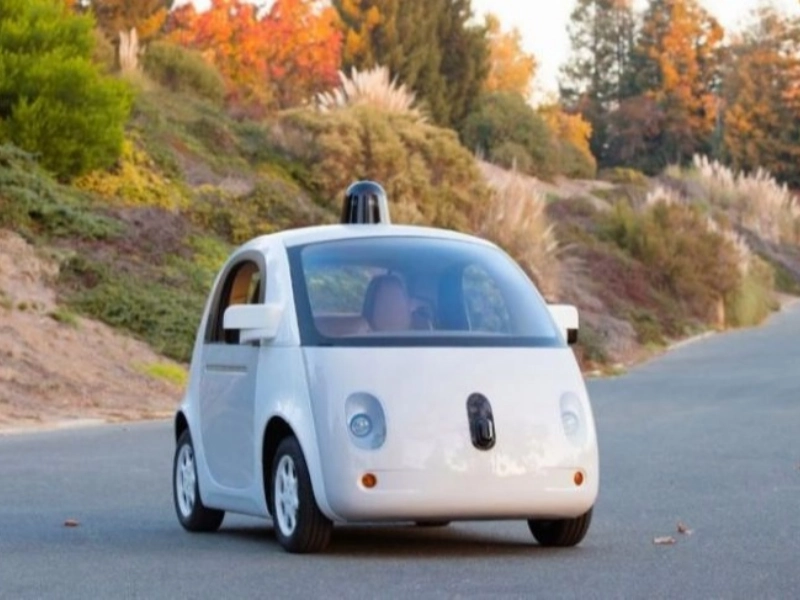Transport Of The Future: Top 10 Ideas

4. A car without a driver.
While traditional auto enthusiasts may hesitate to relinquish control of their vehicles, the advent of driverless cars presents a transformative shift in how we perceive transportation. Autonomous vehicles are designed to make countless decisions on the road, utilizing advanced algorithms, sensors, and artificial intelligence to navigate safely and efficiently.
One of the most significant benefits of driverless technology is its potential to enhance mobility for individuals with disabilities. These vehicles can provide newfound independence, allowing those who previously relied on others for transportation to travel freely and confidently. Additionally, the elimination of human error, particularly from inebriated or inexperienced drivers, could lead to a substantial reduction in accidents and traffic-related fatalities.
As autonomous vehicles become more integrated into our transportation systems, they promise to reshape urban landscapes, reduce traffic congestion, and improve overall road safety. The implications extend beyond personal convenience; they also offer opportunities for more efficient public transportation systems and logistics.
In conclusion, while some may resist the idea of a car without a driver, the benefits of autonomous vehicles are undeniable. By enhancing mobility for all and addressing critical safety concerns, driverless cars are poised to revolutionize our approach to transportation, paving the way for a safer and more inclusive future.














